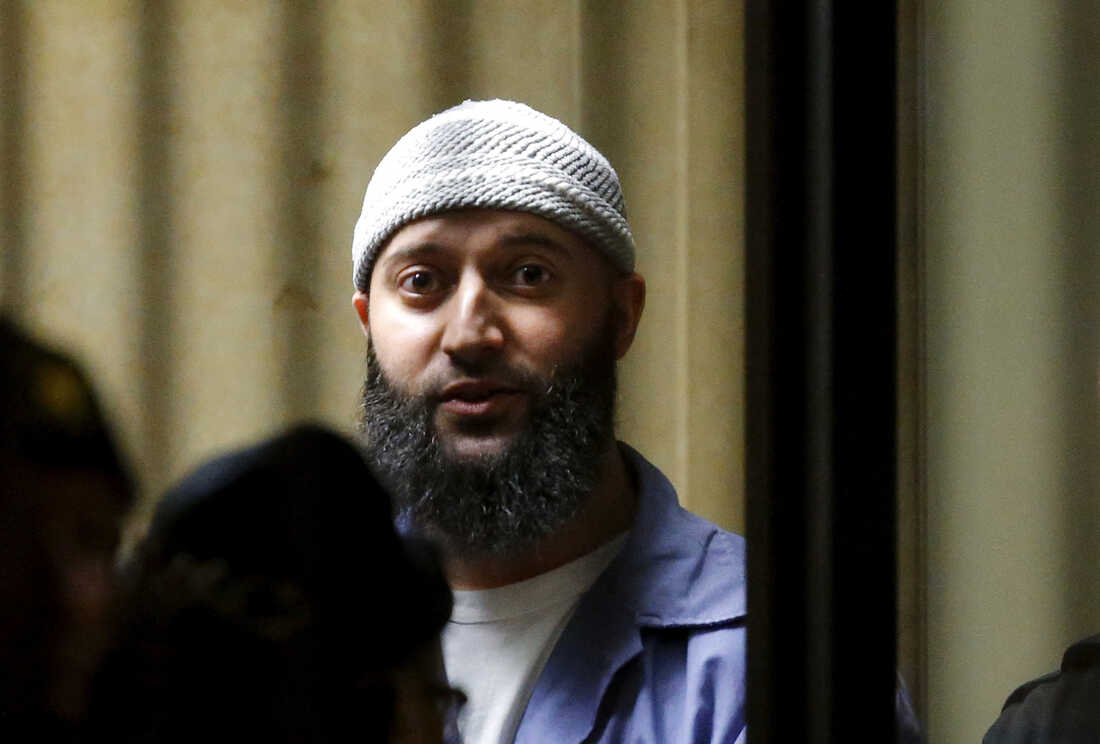The case of Adnan Masud Syed was brought to prominence through the Serial podcast, which later captivated the minds of all who encountered it.
Adnan Masud Syed stood accused and convicted of the murder of his former paramour, Hae Min Lee, an event that unfolded in 1999 within Baltimore County, Maryland. Both were high school students at the time.
He has since lived a life of imprisonment, sentenced to over three decades of confinement. In 2014, the release of the 12-episode Serial podcast drew global attention to the case.
The emergence of a fresh perspective focused on Adnan Syed spawned numerous questions regarding his potential wrongful accusation and the validity of his conviction.
Would the outcome have been different had he been represented by a reliable and diligent attorney?
Many felt that justice had not been served, as various attempts were made to secure Syed’s release from prison. However, the question remained: where does he stand today?
Adnan Syed’s current location is regrettably unchanged. He remains incarcerated in a state-of-the-art, high-security prison under the administration and supervision of the Maryland Department of Public Safety and Correctional Services, situated at 1400 McMullen Highway. Nevertheless, hope persists on his side.
The Court Trials
In 2016, after nearly two decades since his conviction, Adnan Syed was granted the opportunity of a retrial when a Baltimore judge vacated his conviction.
One crucial piece of evidence used during the trial—the cell phone location data—was deemed unreliable by Judge Martin Welch.
The Serial podcast played a pivotal role in securing this retrial, as it brought to light new evidence and errors in the investigation.
On March 29, 2018, the Maryland Court of Special Appeals, the state’s second-highest court, ruled that Syed should face a new trial on all charges.
The three-judge panel cited the ineffectiveness and inadequacy of Syed’s legal counsel during those challenging times.
Cristina Gutierrez, Syed’s attorney, had failed to question a vital witness who could have proved Syed’s alibi—that he was at the library, engaged in a lengthy conversation, at the time of Lee’s murder.
However, the following year, the highest court, the Maryland Court of Appeals, reversed the two lower courts’ appellate ruling, denying the new trial. Despite acknowledging the deficient trial counsel, they found no evidence of prejudice. With a narrow 3 to 4 decision, Syed remained locked behind bars.
In response, Syed’s defense team sought to take the case to the Supreme Court, but their request was also denied without a detailed explanation.
How Syed and his Defense Team Have Been Coping With
Adnan Syed’s defense attorney, Justin Brown, expressed deep disappointment with the Supreme Court’s decision but maintains hope in seeking justice for his wrongly accused client.
He is diligently exploring all possible legal avenues to secure Syed’s release and reunite him with his family, who have remained a steadfast support throughout.
Having just turned 40, Adnan Syed has endured nearly two decades of imprisonment. He was a juvenile at the time of conviction and was denied the opportunity for parole.
His attorney believes this circumstance could be grounds for filing a federal habeas corpus petition, citing violations of federal laws by the Court of Appeals.
The past year has been trying and frustrating for Adnan Syed and his family. Despite his confinement, he strives to maintain strong bonds with his loved ones, even in absence.
In the face of these challenges, his faith remains resolute, holding on to the hope that his conviction will eventually be overturned.

